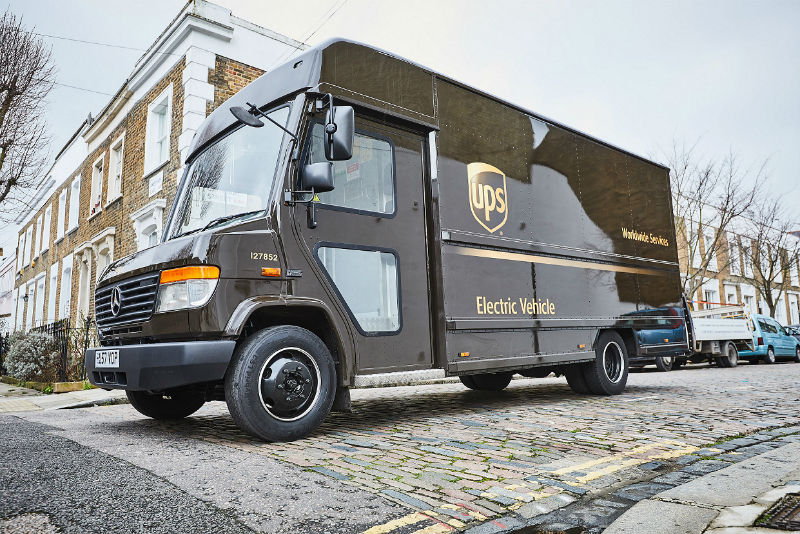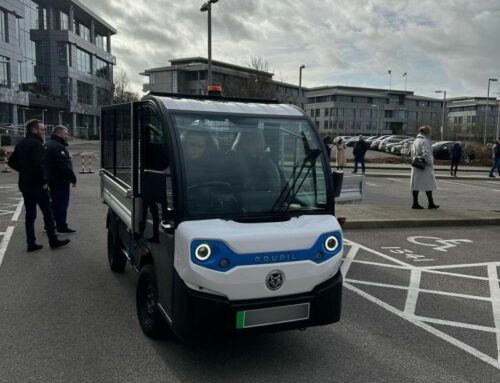UK POWER Networks Services is to work with UPS, High Speed 1 and WMG on an innovative new project to assess the feasibility of using wireless charging to support the use of electric vehicles in commercial fleets on London’s roads.
Funded by the Office for Low Emission Vehicles in partnership with Innovate UK, the project is running from January to March 2019 and will investigate the deployment of wireless charging technology in three live locations across London and Tamworth.
The purpose of the study is to understand the impact on infrastructure and the commercial viability of this type of charging. The study will also look at how its future use could reduce costs, improve productivity and safety, and increase the uptake of electric vehicle fleets across the UK.
UK Power Networks Services’ director, Ian Smyth said: “Wireless charging has the potential to deliver lower cost electric vehicle fleets, safer unobtrusive infrastructure and provides an important solution where constraints on physical space mean wired charging is not practical.
“We believe that the lack of wireless charging projects in the UK is primarily the result of many users considering this technology being immature or lacking a strong business case.
“Wireless charging could allow drivers to stay in their vehicles and create a safer, more secure vehicle with greater productivity and lower cost. With so many potential benefits, commercial enterprises need to understand the case for wireless charging better.”
The assessment will include the wireless charging of UPS delivery vans at their Tamworth depot while parcels are loaded, of electric taxis while waiting for passengers in the taxi rank outside St Pancras International railway station and of UK Power Networks’ electric vans.
With transport responsible for around 20% of London’s CO2 emissions, the introduction of low emission vehicles into London’s commercial and public transport fleets could bring significant improvements of air quality in the capital.
Giving fleet operators more choice in charging infrastructure could enable more investment in electric vehicles and achieve a zero emissions transport system in London by 2050.







Leave A Comment